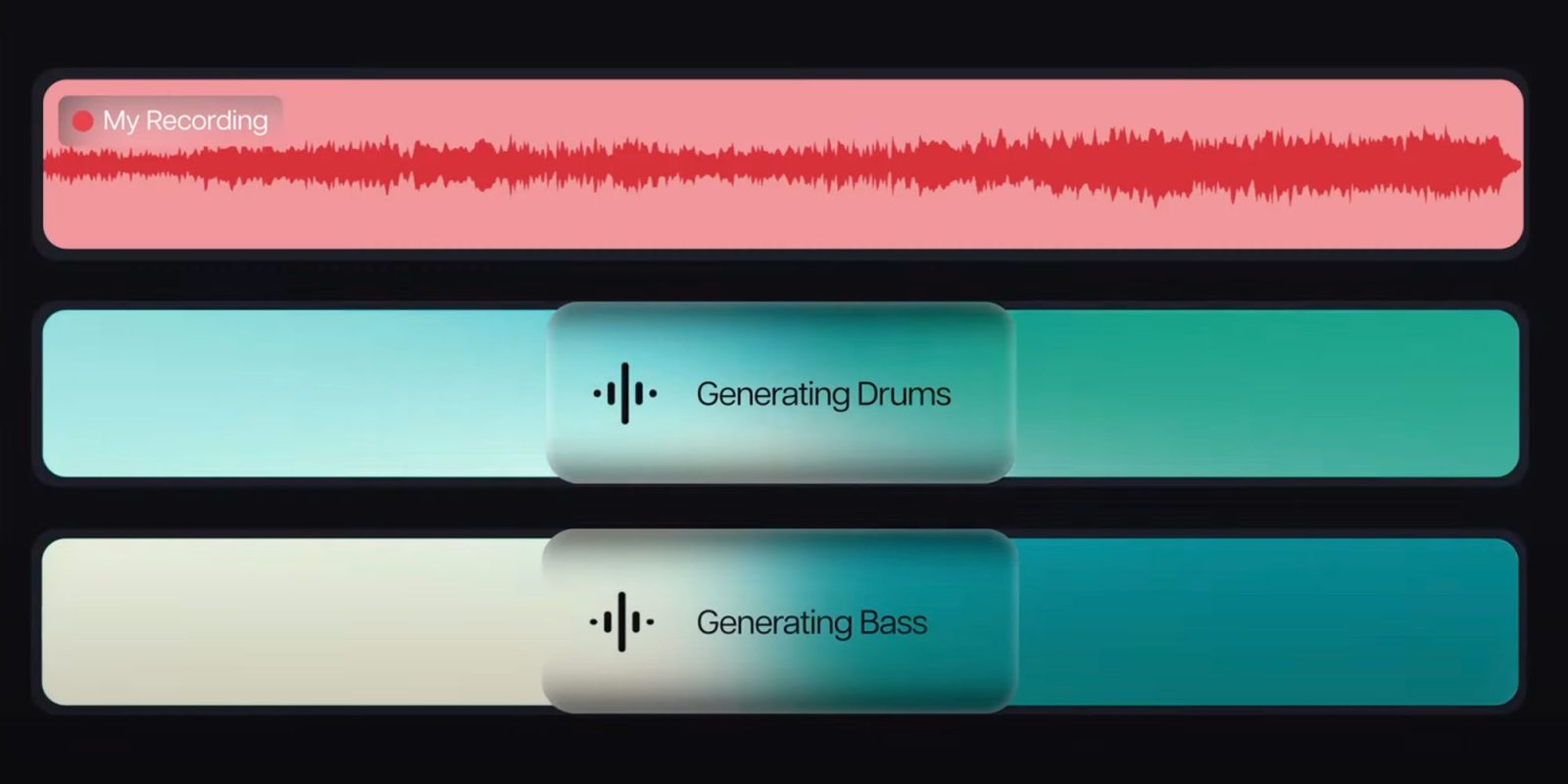In a significant legal development, a U.S. District Court has dismissed a class-action lawsuit alleging that Apple and Amazon conspired to inflate the prices of Apple products, including iPhones and iPads, sold on Amazon’s platform. This decision marks the culmination of a legal battle initiated in November 2022 by the law firm Hagens Berman, known for its involvement in high-profile antitrust cases.
Background of the Lawsuit
The origins of this case trace back to a 2018 agreement between Apple and Amazon. Prior to this deal, Apple products were available on Amazon primarily through third-party sellers, often at varying price points and conditions. The 2018 agreement allowed Amazon to sell Apple products directly, leading to a significant reduction in the number of third-party resellers on the platform. Specifically, the number of Apple product resellers on Amazon reportedly decreased by 98%, from nearly 600 to just seven.
Hagens Berman filed the lawsuit on behalf of consumers, alleging that this agreement constituted a price-fixing scheme designed to eliminate competition and artificially inflate prices. The firm argued that by restricting the number of authorized sellers, Apple and Amazon effectively controlled pricing, to the detriment of consumers.
Legal Proceedings and Challenges
The lawsuit faced several challenges throughout its progression. In September 2023, Apple and Amazon issued a discovery order against the plaintiff. However, complications arose when it was revealed that the plaintiff wished to withdraw from the case and was unwilling to participate in the discovery process. The law firm representing the plaintiff failed to disclose this information to the court, leading to a prolonged period of inactivity and legal maneuvering.
The court, upon discovering the plaintiff’s intent to withdraw, ordered the law firm to compensate Apple and Amazon for legal fees incurred due to the delays. Apple alone sought $144,000 in legal fees. The judge also mandated that the plaintiff show cause for why the claims should not be dismissed with prejudice, setting a deadline of May 2, 2025.
Court’s Decision and Implications
Ultimately, the court found that the lawsuit lacked merit and dismissed the case. The judge concluded that the plaintiff and the representing law firm failed to demonstrate sufficient evidence of collusion between Apple and Amazon to fix prices. Additionally, the court noted procedural missteps, including the law firm’s failure to communicate the plaintiff’s withdrawal intentions, which contributed to the decision to dismiss the case.
This dismissal underscores the complexities involved in antitrust litigation, particularly when agreements between major corporations lead to significant changes in market dynamics. While the reduction of third-party sellers on Amazon’s platform raised concerns about competition and pricing, the court determined that the evidence presented did not substantiate claims of illegal price-fixing.
Broader Context and Related Cases
This case is part of a broader pattern of legal scrutiny faced by Apple and Amazon regarding their business practices. In the United Kingdom, a similar lawsuit alleging collusion between the two companies was dismissed by the Competition Appeal Tribunal. The tribunal ruled that the claimant had not demonstrated sufficient independence or robustness to represent the class of consumers effectively.
In contrast, in the United States, a separate class-action lawsuit alleging that Apple and Amazon conspired to eliminate third-party dealers and raise product prices was allowed to proceed. This case focuses on the same 2018 agreement and its impact on competition and pricing.
Additionally, both companies have faced antitrust fines in Europe. In Spain, Apple and Amazon were fined a combined total of €194.1 million for alleged anti-competitive practices related to the sale of Apple products on Amazon’s platform. However, in Italy, a €200 million fine imposed on the two companies was dismissed by an administrative court.
Conclusion
The dismissal of the price-fixing lawsuit against Apple and Amazon highlights the challenges in proving antitrust violations, especially when agreements between companies lead to significant market changes. While concerns about competition and pricing persist, this case demonstrates the necessity of substantial evidence to support claims of illegal collusion. As both companies continue to face legal scrutiny worldwide, the outcomes of these cases will likely influence future business agreements and antitrust enforcement.



